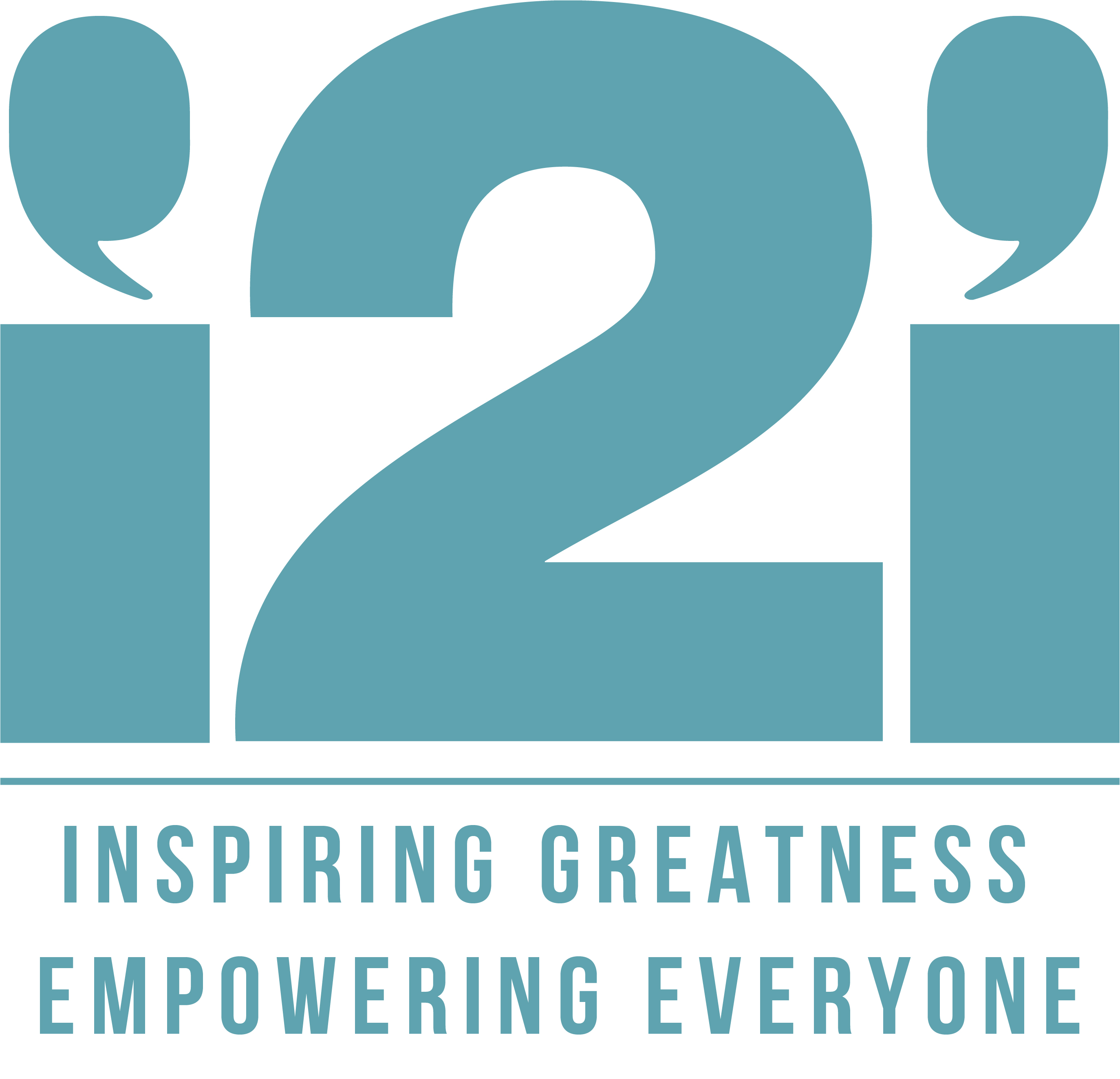Leadership and the qualities that ‘make’ a great leader are regularly discussed and examined, with the search to identify and teach the key components to others becoming a lucrative industry in itself. It works for us here at i2i, and we have many clients who will endorse our techniques and interventions in producing and discovering leaders.
A very large part of our presentations and training at i2i concentrates on highlighting the human elements that eventually result in our overall performance and behaviours, all of them contribute to the essence of a respected leader. Conditioning, attitude, and feelings all, in the end, determine our performance, and this is not limited to just the workplace but in every aspect of daily lives.
I mentioned the word essence in that last paragraph. This is all about YOU; who you really are, and what impression you give or impose on those around you. 7 seconds is all you get in a new situation. Walk into a room of people, meeting someone for the first time, going for a job interview, whatever it is, a decision about who you are, is made within 7 seconds. If you get it wrong, it takes a heck of a lot longer than 7 seconds to change people’s perception and indeed attitude and feelings towards you.
To a certain extent the 7 second rule can apply in an impersonal situation. Trawling through holiday brochures, or estate agents literature, your rejection pile grows very quickly, of the places that just don’t cut it for you. Taking this a little further if you pursue some interest and walk into the reception of a hotel, restaurant or any company, the way you are greeted or dealt with in the very first interaction with the receptionist, concierge, or perhaps just the security guy, can totally influence your thinking. Again it probably boils down to their attitude towards you and we know how that is controlled by a range of conditioning factors.
So in 7 seconds we jump to a conclusion. We often use a simple test of discovering how people are feeling by introducing ourselves with two simple words, ‘Good Morning’ and then the well researched psychological and demanding follow up question of ‘How are you?’. The response will be illuminating, and well inside the 7 second time limit, we’ve made a judgement call, on the person and probably the working environment where he or she is employed.
That first contact is absolutely critical. However even the worst kind of first contact is better than no contact. What would you think if you telephoned a company and you got no response at all? No answer message even. Just silence? And if the Chief Executive, MD or Chair of the company (the leaders) found out, how would they react? Probably wouldn’t be awarding a Christmas bonus, I’m sure.
In this digital age, picking up the phone is not the default communication method anymore. It’s email. And dealing with an email should carry the same disciplines and methodology as everything else. I realise that it is now far easier to find out an email address than it was to gain a direct dial number straight to the Chief Executive or the MD. But it can still be the first contact, and a nil response leaves you with a very negative impression of who you are trying to engage.
There is simply NO excuse for not replying. And the problem is that the higher you go up the chain of command, the more likely you are to end up frustrated as you look in your inbox for a response. An attitude of aloofness seems to infect CEOs and Senior Managers. ‘This is something below my pay grade’. Senior Management teams often have a PA who deals with the email traffic, and hopefully this should reduce the inbox pressure, but if there is a genuine email , then some form of reply should be mandatory. Simple communication, that’s all it is. It is no different to answering the phone or responding to a cheery ‘Good Morning’ from the cleaner in the rest room.
It’s about YOU, and it may just make you a great leader.
